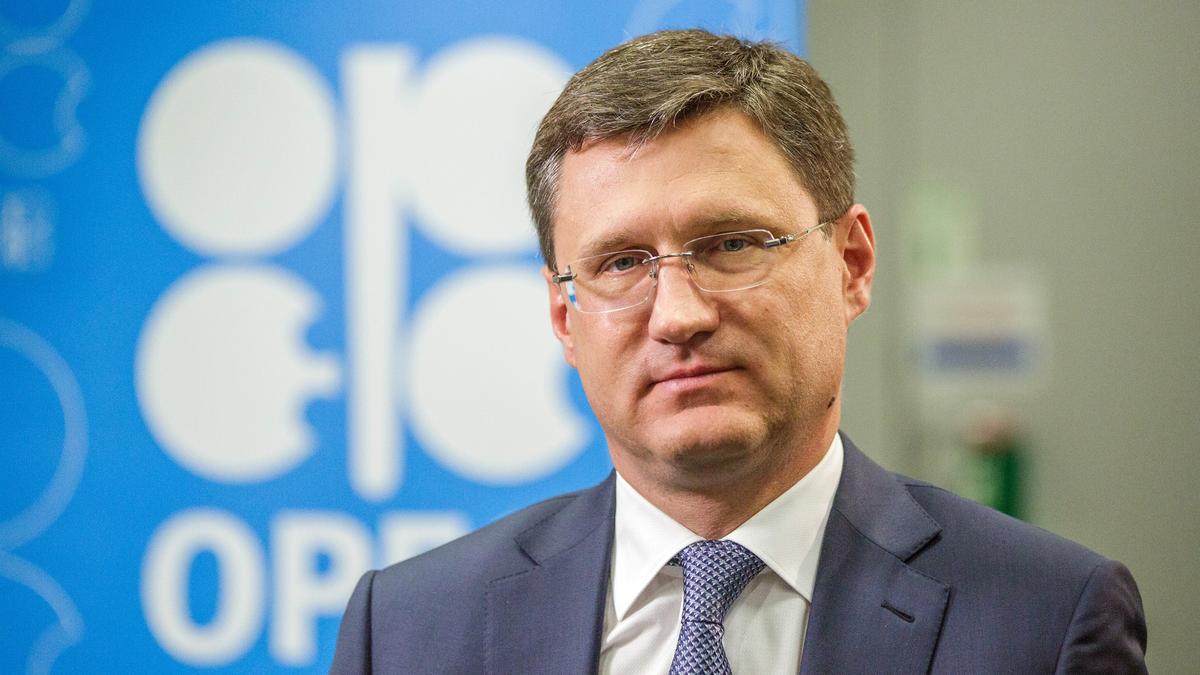Despite Russia curbing its oil production by 225,000 barrels per day (bpd) from its production levels in October, the Caspian region country still missed the target set under the deal reached with OPEC.
“By late March Russia within OPEC+ has reached the level of reduction in oil production of 225,000 barrels per day excluding [production sharing agreements, PSA] and 190,000 barrels per day taking into account PSA,” the press service of the Russian Ministry of Energy reported on Tuesday.
In December, OPEC member states and allied oil-producing nations, including Russia, had agreed to curtail daily output of crude to help stop oil prices from sliding further downhill. Under the deal, the alliance, known as OPEC+, was required to cut 1.2 million barrels per day off the market for the first six months of 2019.
The 14 OPEC member states, which account for more than 44 percent of the world’s total crude oil production, were to cut production by 800,000 bpd, while the allied producers – including Azerbaijan, Kazakhstan and Russia – contribute a 400,000 bpd reduction. Russia pledged to gradually cut its oil output by two percent from October's output of 11.4 million bpd, equaling 228,000 bpd.
Despite the first quarter of 2019 not going as planned for Russia, energy minister Alexander Novak is confident that things will turn this month.
“By early April, Russia, as planned, reached the agreed level of reduction,” Novak told TASS, adding that, “it is planned to keep oil production at previously agreed levels.”
The deal between OPEC and non-OPEC oil producing countries, first signed in 2017, is supposed to prevent a crisis due to sliding oil prices, which have continued and picked up pace late last year. By October 2018, the worst price plunge since the 2008 financial crisis had occurred, triggering a perceived need to cut production levels. Oil prices have lost around 30 percent of their value in a matter of weeks, ratcheting up the pressure on budgets in oil-exporting countries.
Speaking at the Russian Investment Forum in Sochi in February, Novak forecasted that oil prices might have dropped to $25 a barrel if OPEC and the non-OPEC allies, led by Russia, had not started to curtail production.
“Without the OPEC deal, oversupply would have been significant, inventories today would have been much higher than the five-year average, and the pressure on prices would have been significant,” the Russian minister said.
But OPEC’s plans to increase prices were not welcomed by all. U.S. President Donald J. Trump tweeted on November 12, “Hopefully, Saudi Arabia and OPEC will not be cutting oil production. Oil prices should be much lower based on supply!”
Iran, OPEC's third-largest producer, along with Venezuela and Libya, were exempt from the OPEC+ agreement due to U.S. sanctions imposed on Iran, and the political situation in Venezuela and Libya, all where economies have been hit hard.







 The Mine Action Agency of Azerbaijan (ANAMA) reported on Thursday the discovery of a significant amount of explosives in the Khojavand district of ...
The Mine Action Agency of Azerbaijan (ANAMA) reported on Thursday the discovery of a significant amount of explosives in the Khojavand district of ...
 Azerbaijan officially unveiled the logo for the upcoming 29th session of the Conference of the Parties to the United Nations Framework Convention o...
Azerbaijan officially unveiled the logo for the upcoming 29th session of the Conference of the Parties to the United Nations Framework Convention o...
 Iran’s Foreign Minister, Hossein Amir-Abdollahian, has labeled a foiled Israeli drone attack in certain parts of the country as a "failure" for Isr...
Iran’s Foreign Minister, Hossein Amir-Abdollahian, has labeled a foiled Israeli drone attack in certain parts of the country as a "failure" for Isr...



